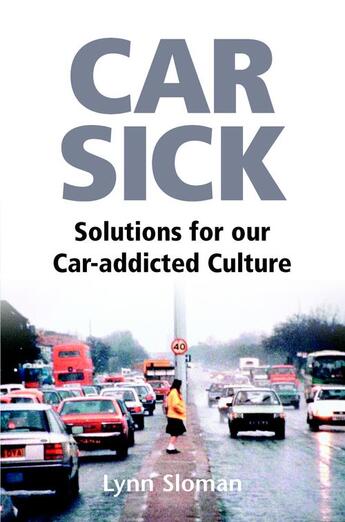-
Nombre de pages : (-)
-
Collection :
(-)
-
Genre :
(-)
-
Thème :
Non attribué
-
Prix littéraire(s) :
(-)
Résumé:
The twenty-first century is gridlocked. Mass motorisation has ruptured community ties, bankrupted a nation of family shops, and bred a nation of obese children and adults. Politicians stumble from one transport crisis to the next. Lynn Sloman proposes a novel way forward - not through the... Voir plus
The twenty-first century is gridlocked. Mass motorisation has ruptured community ties, bankrupted a nation of family shops, and bred a nation of obese children and adults. Politicians stumble from one transport crisis to the next. Lynn Sloman proposes a novel way forward - not through the big-bang civil engineering projects, but by getting people to think about their choices, rather than reaching for their car keys. She shows how de-motorisation works: in place of traffic, it offers neighbourly streets and vibrant city centres. Copenhagen's decision to createpedestrian streets in the city centre has made it an outdoor theatre, filled with celebration and spectacle even in winter. From small towns like Langenlois in Austria, to the centre of London, de-motorisation is transforming urban surroundings. We do not need to get rid of cars altogether. What we do need is to change the way we think about travel. Car Sick is a passionate, well-argued case for moving away from a car-centred to a people-centred society.
Donner votre avis








